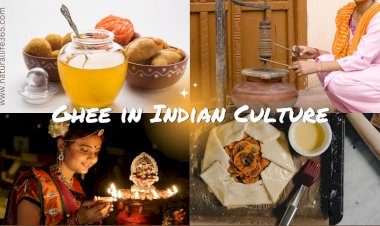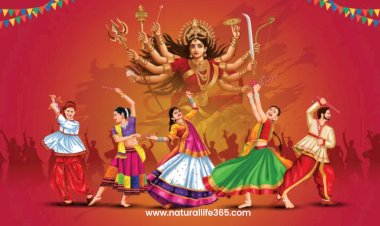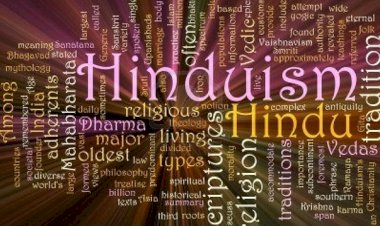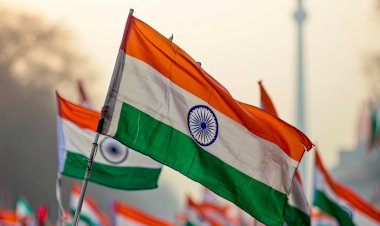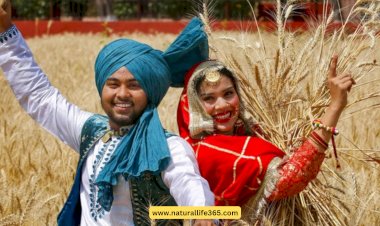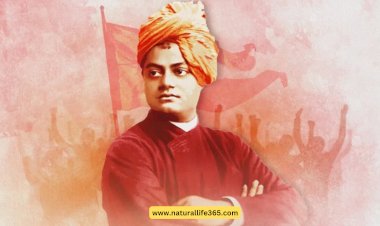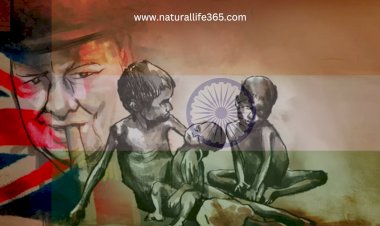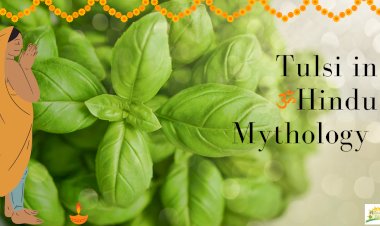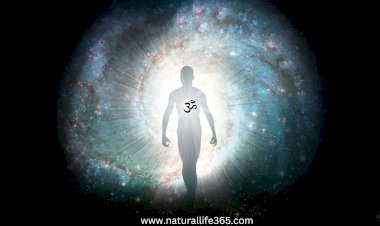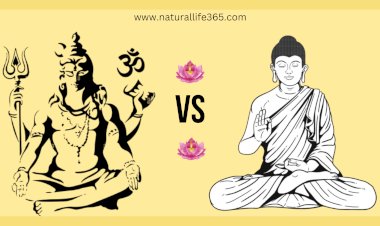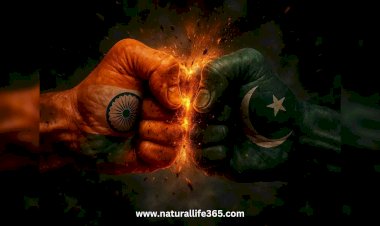What Makes The Cow Sacred To Hindus?
Unlock the sacred bond: Why do Hindus revere cows? Explore the reasons behind the cow's significance in Hinduism
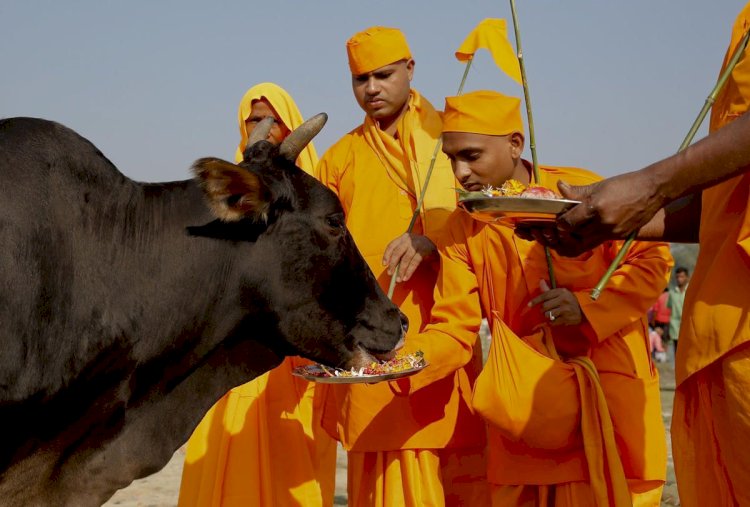
You can listen to this blog here: What Makes The Cow Sacred To Hindus?
For the Hindus, who constitute 80% of the population in India, the cow is a unique being on earth; it is sacred and caresses the divine. This is not the case for the 14% of Muslims in the country who consume their meat in some states or traffic it to sustain them.
The cow has the status of a mother and even appears in some sacred scriptures that date back more than 2,000 years. For the Hindus, the animal is considered a god because it provides food like the milk that a mother gives to a baby, which is why it is so important. In addition, they symbolize Mother Earth, nature, fertility, and abundance.
On the other hand, since the BPJ (Bharatiya Janata Party), the party of Prime Minister Narendra Modi came to power in 2014, more sanctuaries for cattle are being opened every day while slaughterhouses are closed, whose owners are in many cases Muslim. The cow, after all, is not only a sacred animal; it is also a political animal.
That explanation illustrates, in part, why in India, where about 38 million cows live, it is forbidden to kill them in 22 of the country's 29 states. Some extremists have sharpened the laws to even grant life imprisonment to anyone who dares to kill this animal (feel free to read more about it here). Elsewhere, only buffalo meat can be exported.
Yes, killing a cow was and is a crime equal to or greater than murdering a high-caste priest (Brahman). At present, the Hindus are prohibited from eating meat, and almost by obligation, each family has a dairy cow as a member of their family.
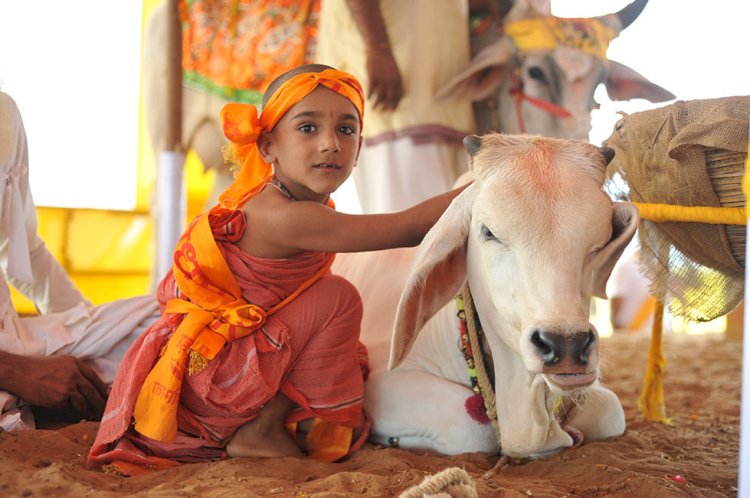
The cows can receive different names according to the connections that people have with gods and deities. The most important is Kâmadhenu (wish giver) or the cow of abundance, as a representation of Lakshmî, goddess of prosperity. This animal had the power to grant all wishes and was sacred because of her generosity towards humans.
In their relationship with Krishna, an incarnation of the god Vishnu, cows have a certain role, since Krishna always appears surrounded by these animals as he is a shepherd.
For this reason, Indian families develop emotional relationships with cows and are part of the daily life of each one of them. In Western supermarkets, you can't find cat or dog meat because culturally it is considered rude. The same happens in India: no market or restaurant sells beef.
Even so, in Hinduism, one of the oldest religions in the world, Cow Day is celebrated during the waxing moon of November (Karttika). It is known as the Gopastami festival, during which they are bathed and decorated in the temple, and offerings are given to keep their life going. Even in religious texts, the cow is named Devi (the goddess) and Aditi (mother of the gods).
The Sacred Cow Provides 5 Essential Indian Products For Life
The essential Indian products are milk, ghee (butter), yogurt, urine, and dung. These products were the basis of the country's economy in ancient times, where in addition to food; they were used for work, since urine was used as a disinfectant and dung, as fuel.
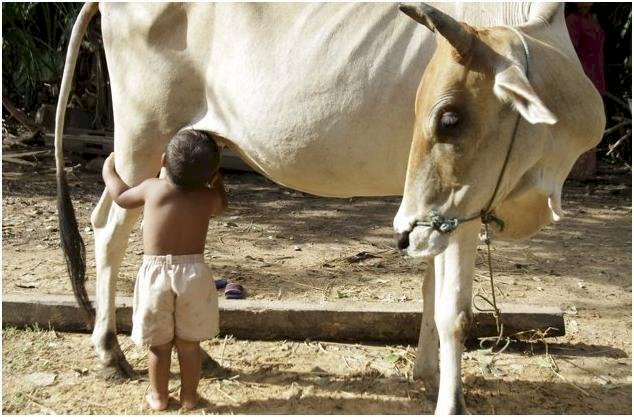
The five products that I have already mentioned are used in everyday life, especially in worship and rituals.
On the other hand, the cows of India are free and we can see them walking at ease, both in the towns and in the big cities. They are usually cared for with great affection and it is common to decorate and adorn them. In various regions, it is customary to paint their horns in colors to beautify and distinguish them.
It is considered a meritorious action to feed the cows, whether they are their own or someone else's, and it is an act that is usually carried out with an attitude of reverence.
India is considered one of the most spiritual countries in the world, with more than 5 active and powerful religions coexisting in the country.
Hinduism, as I mentioned at the beginning, is practiced by around 80% of the Indian population, approximately one billion people. Its followers consider it a philosophy or "lifestyle" rather than a religion since it does not have a founder, it does not have a "church" or centralized authority, it does not have dogmas, beliefs, or practices collected in a single book, there are many sacred books. For Hinduism, the divine presence is manifested in all things such as nature and the universe itself.
To understand correctly it is necessary to put aside our prejudices and stereotypes and inform ourselves about Hinduism and its two "subsets", Buddhism and Jainism. These three religions privilege non-violence against any living being and being vegetarian.
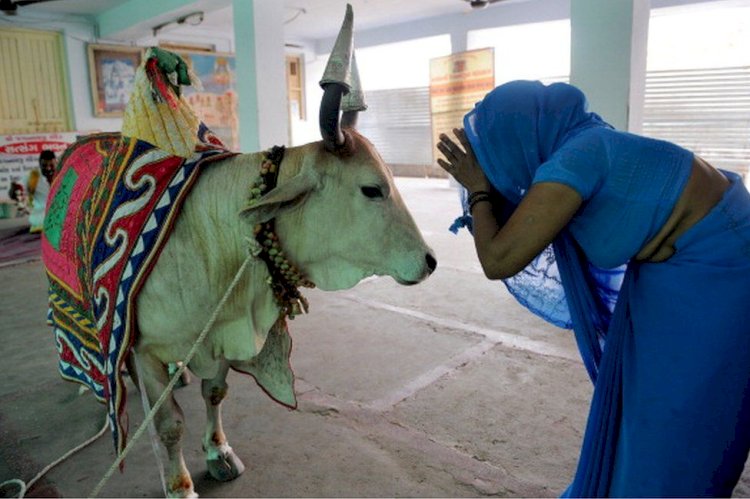
Now you know the reasons why cows are sacred in India. Undoubtedly, it is a custom that many may find particular, but it has its logic.
Thank you for reading! ![]()
You can also read Why is Ghee Important in Indian Culture?
If you value these free online resources provided by Natural Life 365, please consider supporting my website by sharing the blogs.










